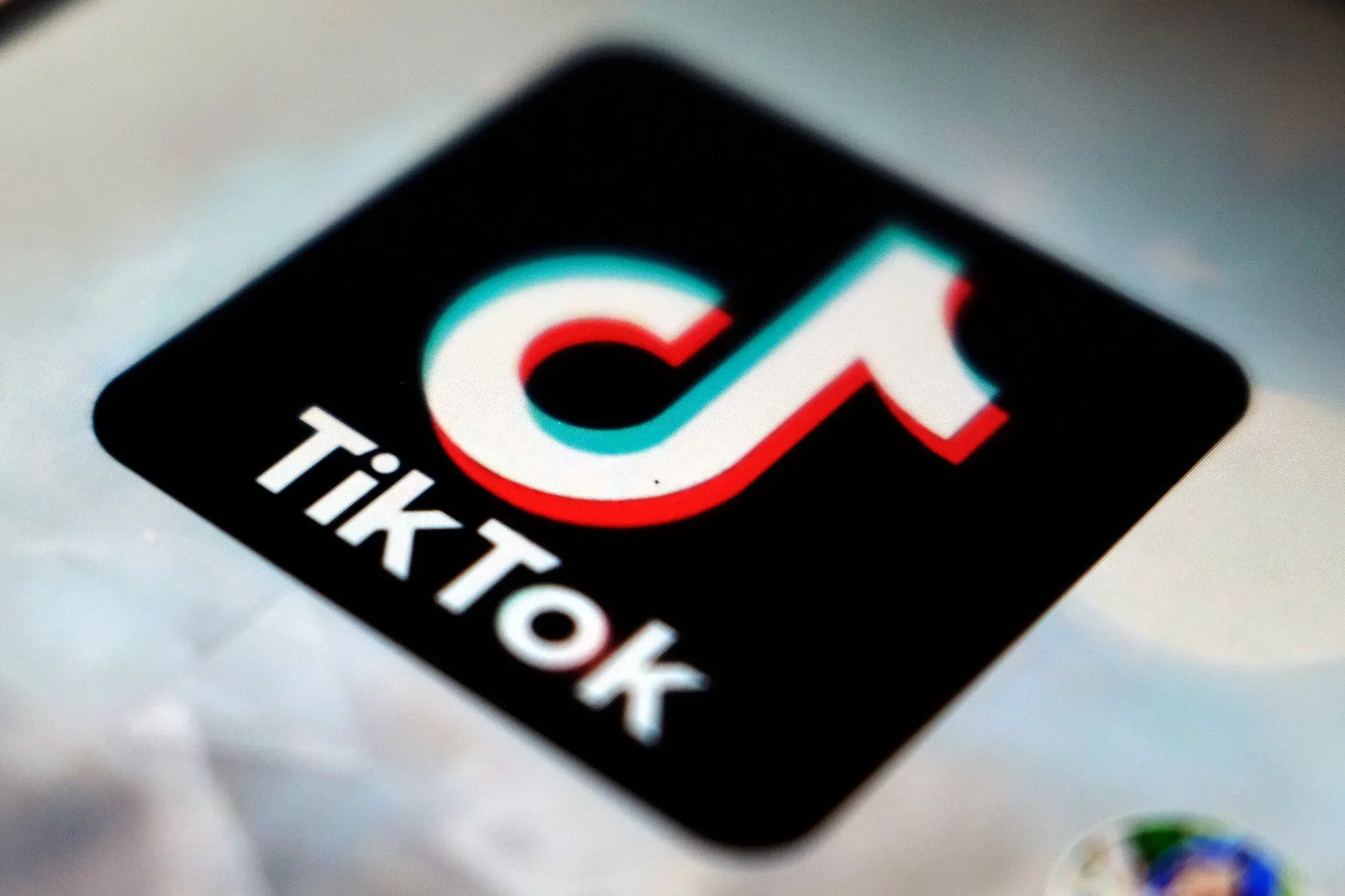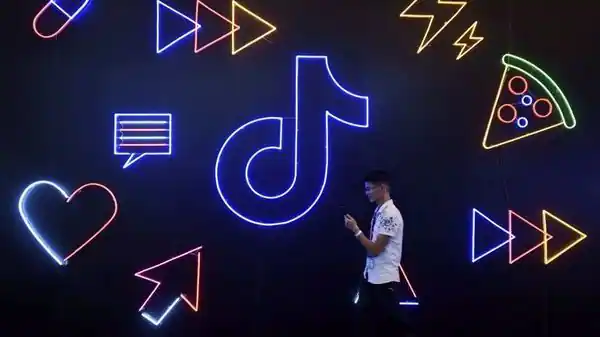
TikTok, the social media juggernaut renowned for its bite-sized videos and captivating music, has taken the world by storm. With its vast library of content ranging from dance crazes to comedic skits to educational snippets, TikTok has become an integral part of popular culture. As users immerse themselves in the platform’s offerings, the desire to download and share TikTok videos and music has surged, leading to the development of third-party tools aimed at this purpose. While these tools offer convenience and accessibility, they also raise pertinent questions regarding ethics, legality, and the rights of creators.
Delving into the Appeal of TikTok Video and Music Downloads
The allure of TikTok video and music downloads lies in users’ eagerness to save and share their favorite content beyond the platform’s confines. Whether it’s preserving a cherished moment, revisiting a catchy dance routine, or simply enjoying music offline, these tools provide a means to curate personalized collections of TikTok content. The ability to access and share content beyond the confines of the app enhances the overall TikTok experience, making it more immersive and interactive for users.
Navigating Legal and Ethical Quagmires
Despite their popularity, TikTok video and music downloaders raise significant legal and ethical questions, particularly concerning copyright infringement. When users upload content to TikTok, they grant the platform a license to host and distribute their videos and music. However, this license does not necessarily extend to third-party downloaders. Downloading and redistributing TikTok videos and music without proper authorization may infringe upon the rights of content creators and violate copyright laws. Moreover, the Digital Millennium Copyright Act (DMCA) prohibits the circumvention of technological measures used by platforms to protect copyrighted content, potentially rendering certain video and music downloader tools illegal.
Privacy and Security Considerations
In addition to legal concerns, TikTok video and music downloaders https://tikd.cc/ also pose privacy and security risks for users. Engaging with third-party tools may expose users to malware, phishing attempts, or data breaches, jeopardizing the security of their personal information and devices. Furthermore, downloading and sharing TikTok content without consent may infringe upon the privacy and consent of individuals featured in those videos and music clips, raising important ethical considerations regarding the rights of content creators and the privacy of individuals.

Platform Policies and Enforcement Measures
To address these concerns, TikTok has implemented policies and measures to combat unauthorized downloading and sharing of content on its platform. The company’s terms of service explicitly prohibit users from downloading or distributing TikTok videos and music without permission, and it actively monitors and removes infringing content. Additionally, TikTok has taken steps to block access to third-party downloader tools, underscoring its commitment to protecting the rights of creators and maintaining the integrity of its platform.
Promoting Responsible Digital Citizenship
As users navigate the digital landscape, it is imperative to understand the implications of downloading TikTok content and to act responsibly when engaging with third-party tools. Platforms like TikTok should prioritize user education, providing clear guidance on copyright laws, privacy considerations, and the risks associated with downloading content through unauthorized means. By empowering users to make informed decisions and respect the rights of creators, we can foster a more ethical and responsible digital environment for all.
While TikTok video and music downloaders offer convenience and accessibility, they also raise complex legal, ethical, and privacy considerations. By promoting awareness, enforcing platform policies, and fostering responsible behavior, we can strike a balance between accessibility and accountability in the digital realm. Ultimately, by respecting the rights of creators and prioritizing ethical standards, we can ensure that TikTok remains a platform for creativity, connection, and expression while upholding the integrity of intellectual property rights and privacy protections.


